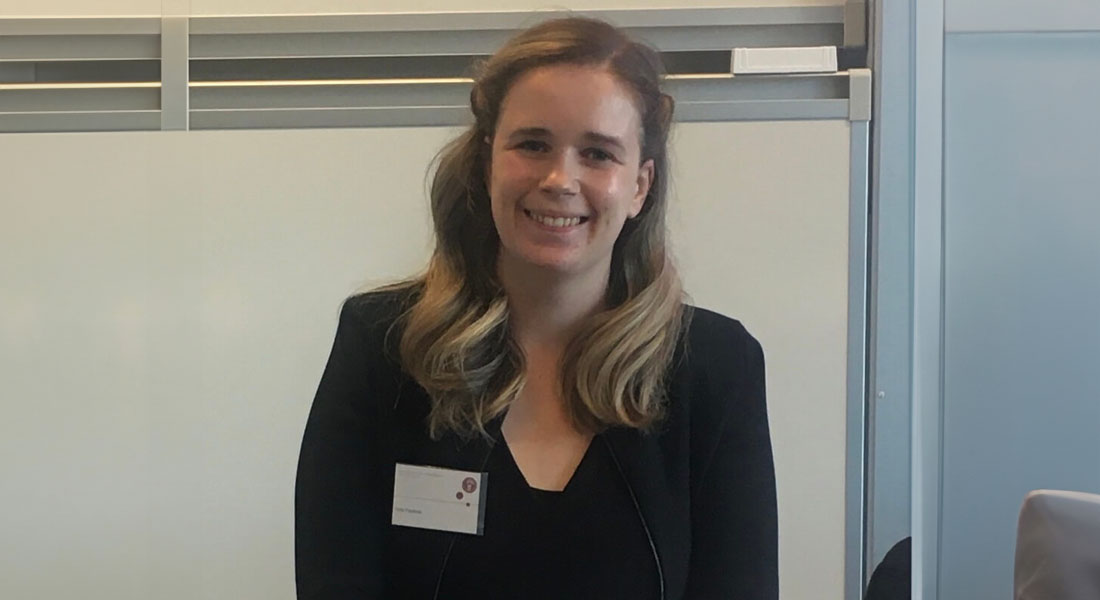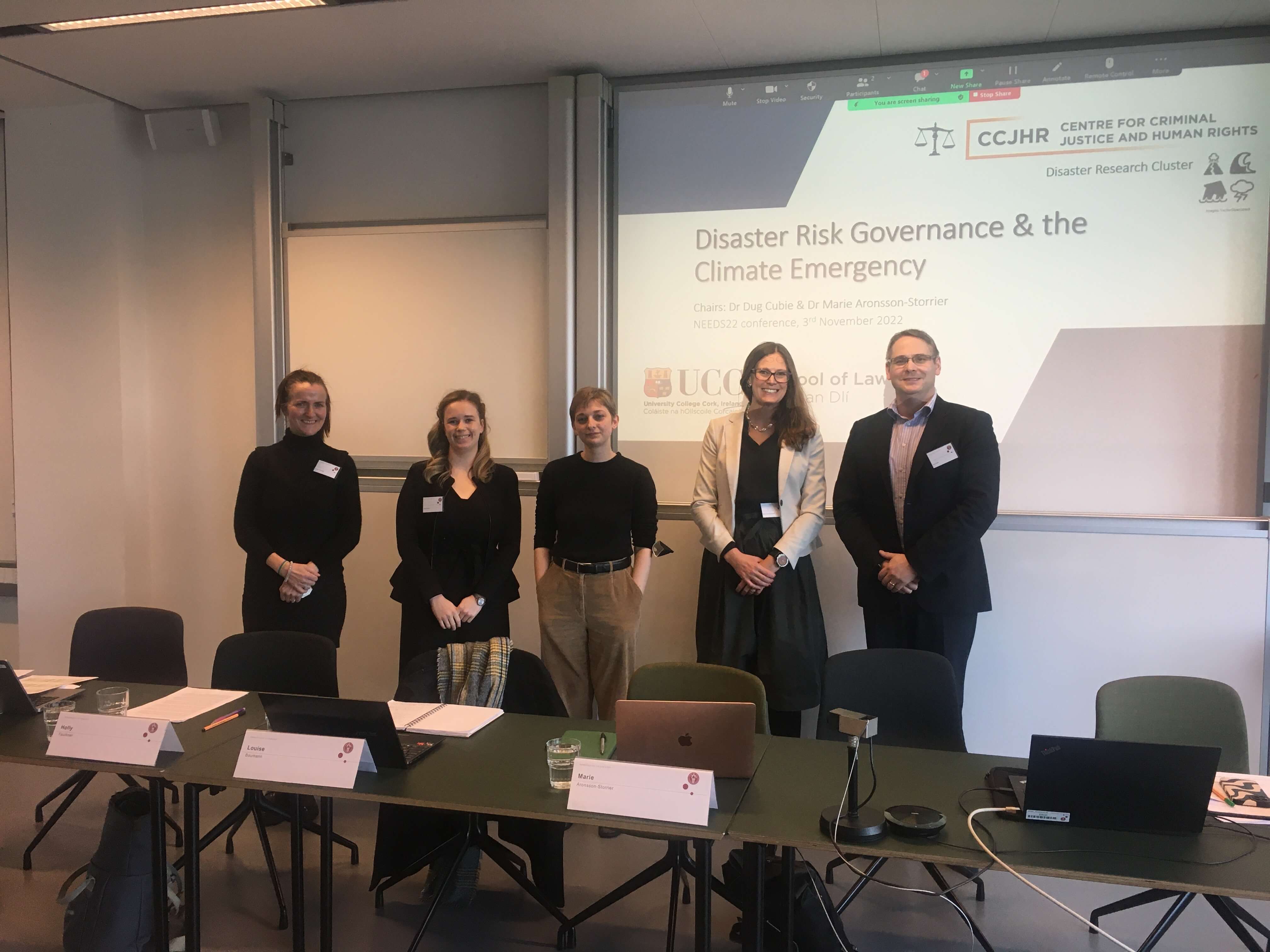Disasters, Climate Change and Law: Reflections from the NEEDS conference and COPE stay

As someone who is interested in the intersection between law and disasters – it is always exciting to find an event that caters to both. This made the Northern European Conference on Emergency and Disaster Studies (NEEDS) particularly enticing. Especially when the event is being held on the other side of the world (from New Zealand at least) in the beautiful city of Copenhagen!
I originally come from a law background, but as with many people working in the disaster field my PhD is multi-disciplinary, and it encompasses both law and disaster risk and resilience (DRR). My PhD project explores ‘Governing Disasters in Aotearoa New Zealand: an Auckland Volcanic Field case study’ and as part of it I have been looking at trends of how legal frameworks are used in disasters, both before the event or in the recovery phase. Through my research, a trend has emerged of governments creating whole new legal frameworks for disaster recovery in the aftermath of a disaster. However, this approach has inherent risks including a tendency to have a narrow, single-event focus and concentrate on short-term solutions. This means that broader, slow-burn disasters like the climate emergency are not being considered.
I was able to highlight these findings in my presentation ‘What about the climate emergency? Critiquing Aotearoa New Zealand’s disaster governance approach’ which I gave at the Disaster Risk Governance & the Climate Emergency panel which was chaired by Dug Cubie and Marie Aronsson-Storrier. My presentation highlighted New Zealand’s current approach to legal frameworks for disasters and used the example of New Brighton to highlight the long-term impacts of legal frameworks introduced for disaster recovery. New Brighton is a coastal suburb of Christchurch, which was badly damaged in the 2010/2011 Canterbury earthquake sequence. After a period of uncertainty, major investment was made into this suburb. However, New Brighton, as a coastal suburb, is prone to sea-level rise, coastal erosion and rising ground water. With the help of graphs provided by the University of Canterbury’s Cluster for Urban Resilience (CURE) as part of their work for the Christchurch City Council, I was able to show that for New Brighton the legal framework introduced to manage the recovery from the Canterbury earthquake sequence had created future risk rather than building resilience, because many of the properties built after 2016 (and even after 2019) were exposed to sea level rise. This highlights the importance of having legal frameworks for disaster recovery which look further into the future and consider broad, slow-burn disasters such as the climate emergency.

Beyond being able to present research, NEEDS was an amazing opportunity to meet other researchers who were also interested in disasters. An additional workshop run over a day and a half was provided for PhD students before the conference commenced. This was a unique opportunity for PhD students to network, discuss issues that we had encountered and learn from experienced researchers. It was valuable to be able to hear from a range of different students, who came from different backgrounds and bought with them different experiences. Facilitators Emmanuel Raju, Ksenia Chmutina and JC Gaillard created a safe and productive space where we were challenged and invited to discuss different aspects of the research process, and to question our role as researchers. This also provided valuable insights into the world of publishing and academia!
After the conclusion of the NEEDS conference, I was lucky enough to stay on in Copenhagen and experience the Copenhagen Center for Disaster Research (COPE) as a visiting researcher. This was also an important opportunity to work on global research partnerships, as COPE is an affiliate organisation of QuakeCoRE (NZ Centre for Earthquake Resilience) for which I am an aligned scholar. I would like to sincerely thank Emmanuel and the rest of the COPE team for being so warm and welcoming! Although my visit was fairly short, I was able to have discussions with the other researchers about their projects, their impressions from the conference and the challenges of undertaking (multidisciplinary) disaster research. It was a great opportunity to talk beyond the confines of the conference. My first lunch at COPE was filled with visitors who had attended NEEDS and were visiting COPE before the end of their trip, it was clearly the hub for post-conference reflections! It was a mix of old and new faces, but the chance to discuss disasters was, as always, invaluable.
I would like to gratefully acknowledge Determining Volcanic Risk in Auckland (DEVORA) for funding my PhD study and the University of Canterbury, School of Law for funding the expenses for me to attend the NEEDS 2022 Conference.
